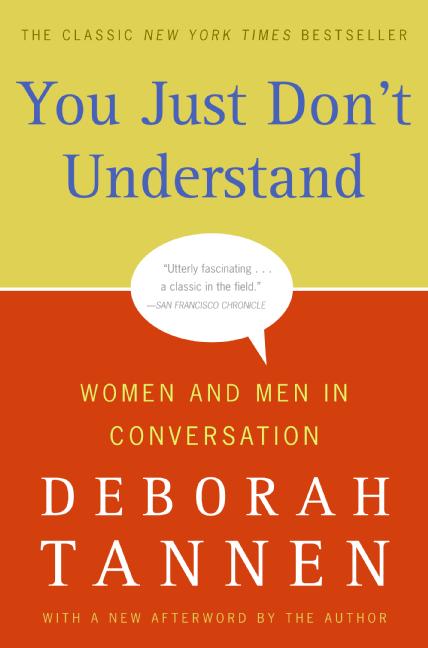 A lot of smart people (approximately 350 of them) work for The Collier Companies. My fellow Team Members possess an incredible collective storehouse of knowledge and ideas, a treasure trove of experience. Which is wonderful.
A lot of smart people (approximately 350 of them) work for The Collier Companies. My fellow Team Members possess an incredible collective storehouse of knowledge and ideas, a treasure trove of experience. Which is wonderful.
BUT, how to access all that knowledge, experience, and creativity in the vital formative stages of a project, in the critical moments of decision? Everybody can’t work on every project and I can’t talk to everybody all the time about everything. In the beginning, decades ago, as my team grew, communicating with each new Team Member, keeping him or her up to speed, involved, and informed took time and energy——some of the most precious commodities in the world. I used to wonder, if it takes 5 percent of my time to communicate with each Team Member, when I hit 20 Team Members do I run out of time (20 x 5% = 100%)?
There are economies of scale and methods of group communication (thank you email and Blackberry), but the underlying issue is valid. Huge companies that span the globe, such as GE and IBM, often set up internal web pages where various internal experts list their areas of knowledge and experience and host Q & As. That’s great, but I am searching for something that works better on a smaller scale, that requires less formal infrastructure.
How DO you, on an ongoing informal basis,
– Access the “collective intelligence” of a group?
– Access the “organizational IQ” of an entity?
– Make full use of the “company mind”?
– Find the key to the “universal knowledge and experience bank” that lies within your group of associates?
How to keep the “cost” of information low, in terms of time to sort, absorb, and process on both the sending and receiving ends? How to separate useful information from tons of mere data, keep the signal-to-noise ratio high?
How do you know what it is that you don’t know? There have been times when I thought I had a great idea and someone has come along serendipitously and added wonderful things in terrific ways that never even crossed my mind. It wouldn’t have occurred to me to ask for help because I didn’t think I needed it.
I try to “over communicate,” to let wide areas of the organization know what is under way, to prepare them and to involve them. But also because I often get unsolicited ideas that turn out to be useful, frequently discovering unexpected and delightful sources of knowledge, creativity, and interest.
By over communicating, I mean sharing information far beyond the traditional hierarchical boundaries of strict need-to-know organizational structure.
For over communicating to work, the cost of information, of both sending and receiving, needs to be low. Email has done wonders BUT certain things are required in order to keep the cost down:
– Information should be organized and summarized: Bullet points are an excellent format and have multiple benefits, such as clarifying issues and priorities for the person writing, the person tasked with the project, the people on her team, AND help those responsible for project oversight absorb project information better and faster.
– Differentiate strongly between the information/advisory loop and the decision loop: I want to be in the information loop on many things and enjoy chiming in occasionally with thoughts and ideas. As chairman, I want and need to be in relatively few decision loops.
– Use the subject line as a headline, especially on followup emails with minimum information content, such as agreeing, acknowledging, etc. I keep tabs on a LOT of things so I get a LOT of emails, including on my Blackberry. It is a true time saver if I do not have to open every message. When the subject line is a true headline, I often can just glance at the subject line and learn what I need to know.
I have no panacea, no great magic wand to waive when it comes to accessing the collective intelligence of an organization. I do know that greater awareness of the challenges and incredible benefits (including job enrichment) flow when it is possible to fully tap into the organizational IQ.
How can you share information more effectively? How can others better share information with you? How can you better access the talents and skills of others in your organization? How can your abilities shine brighter?
Closing Quote: “The biggest problem with communication is the illusion it has occurred.”
————-

Suggested resource on communication: “You Just Don’t Understand,” by Deborah Tannen. The book deals with personal communication styles and how different norms block understanding.


0 Comments